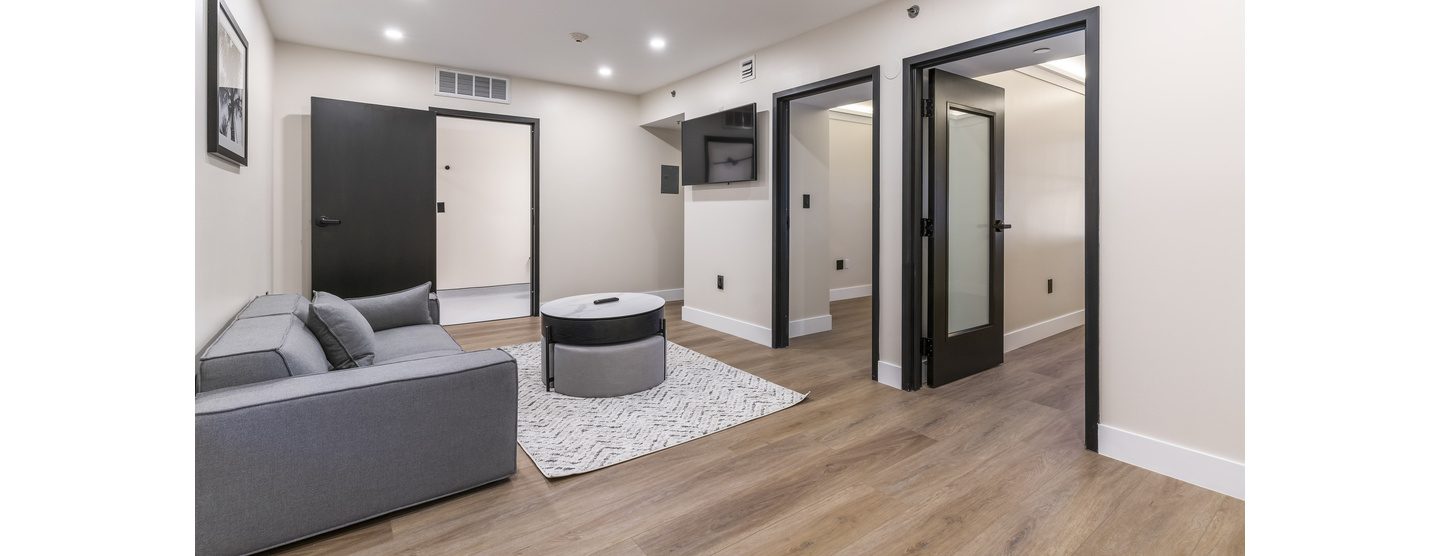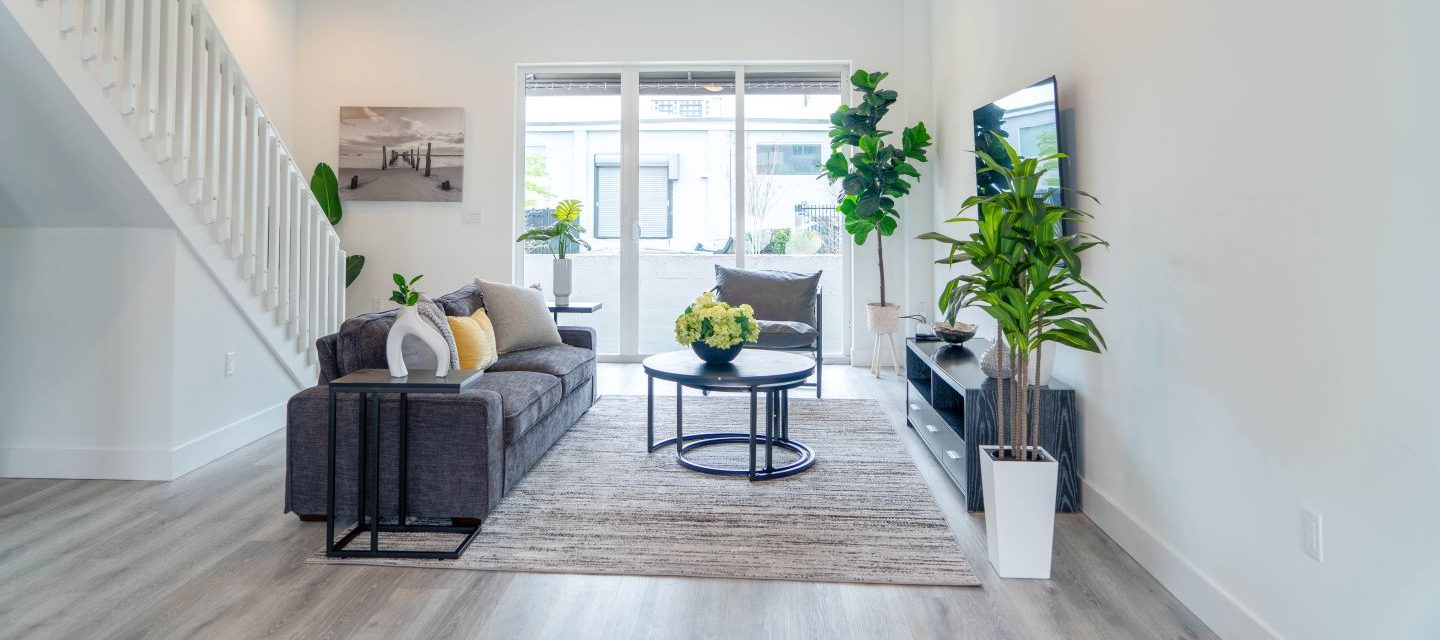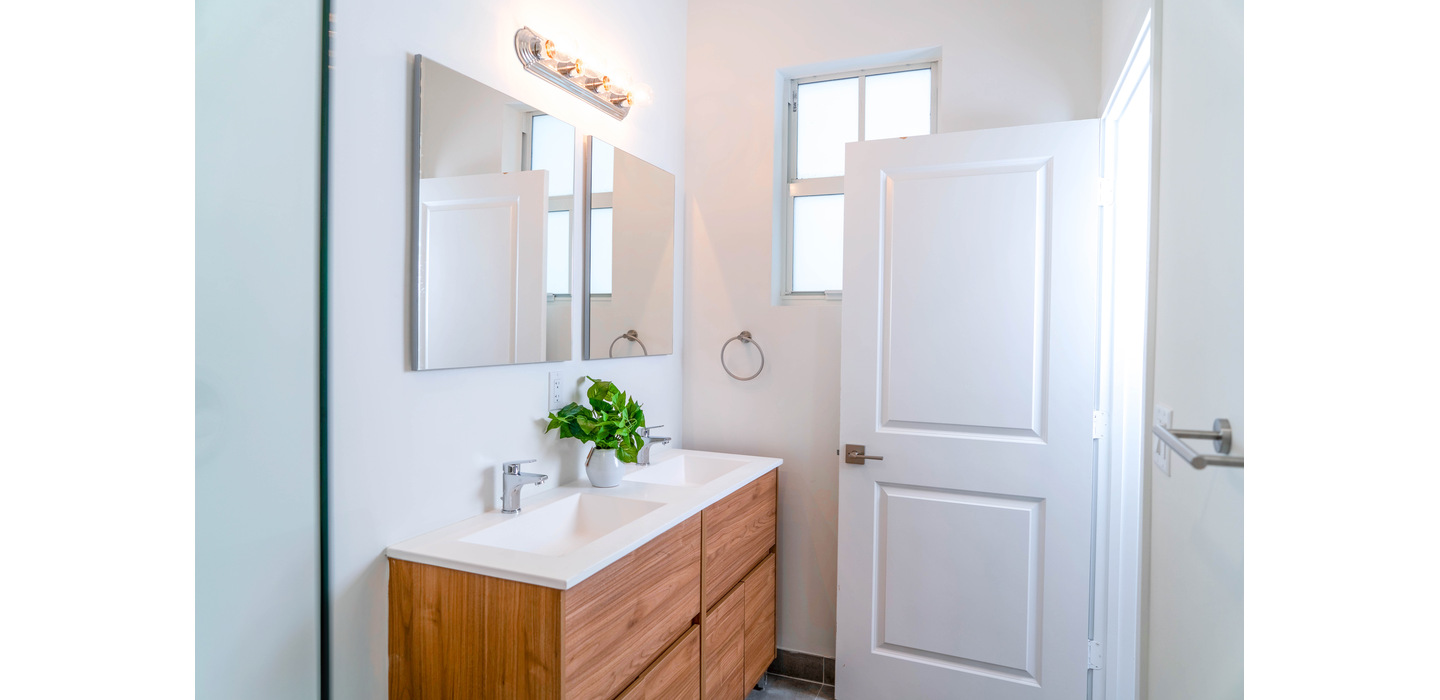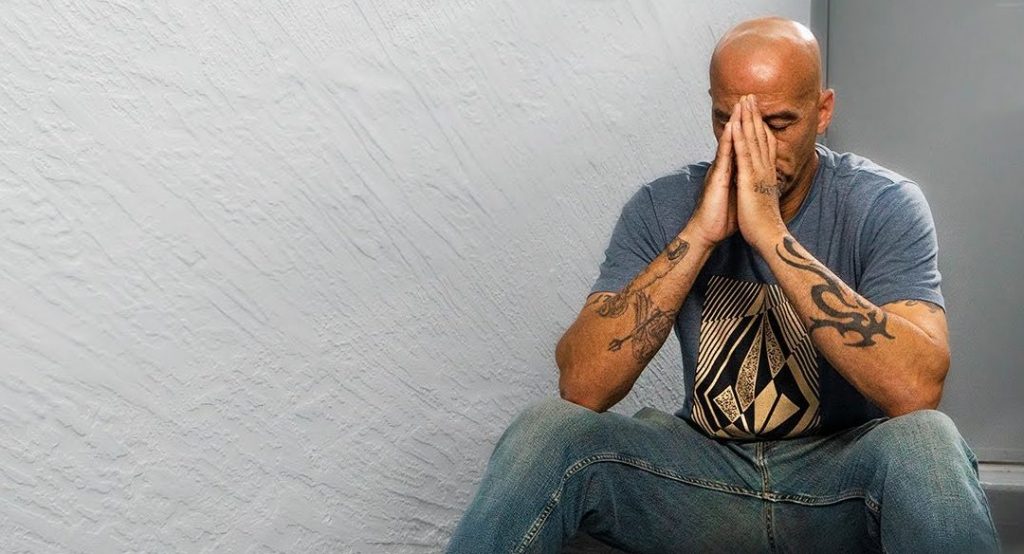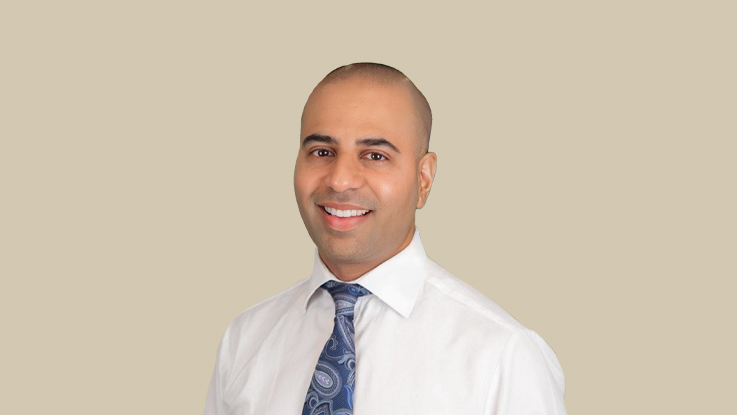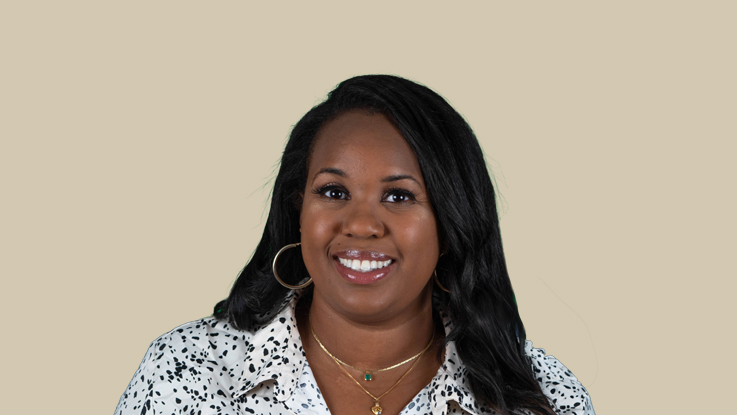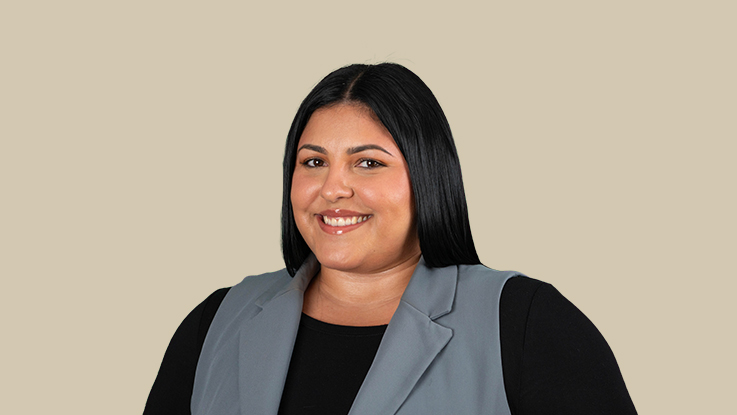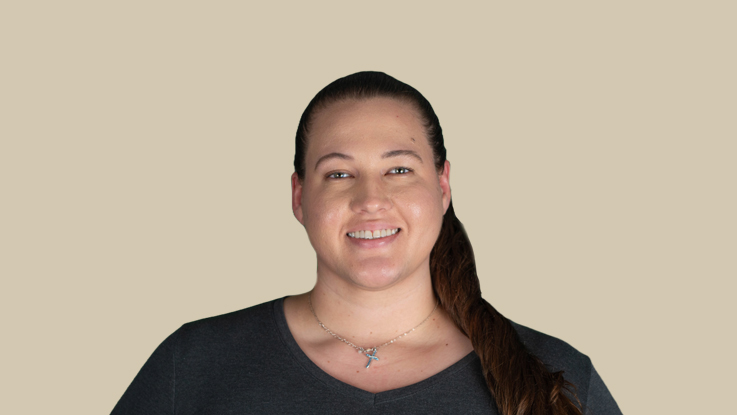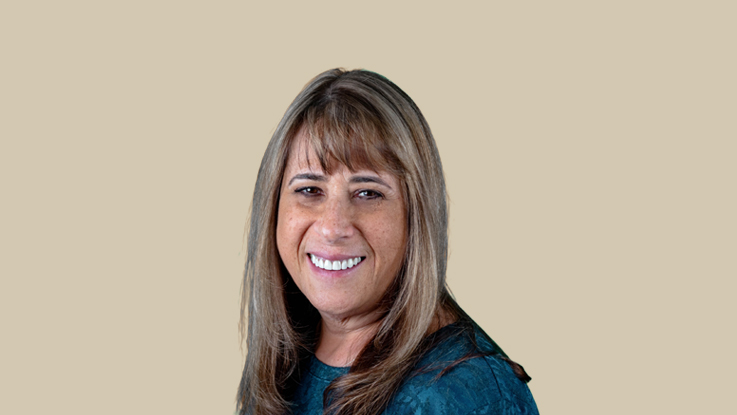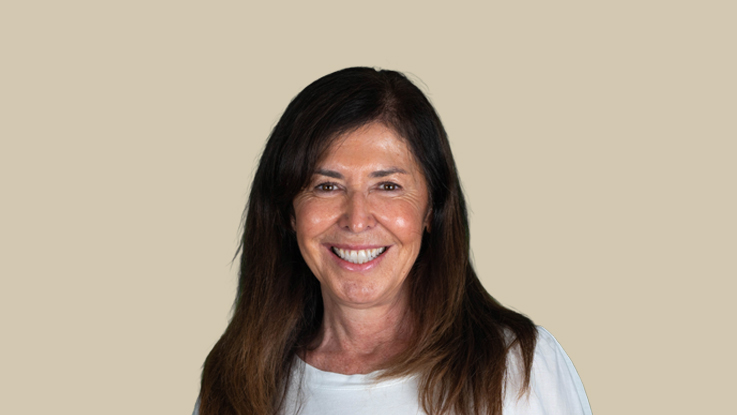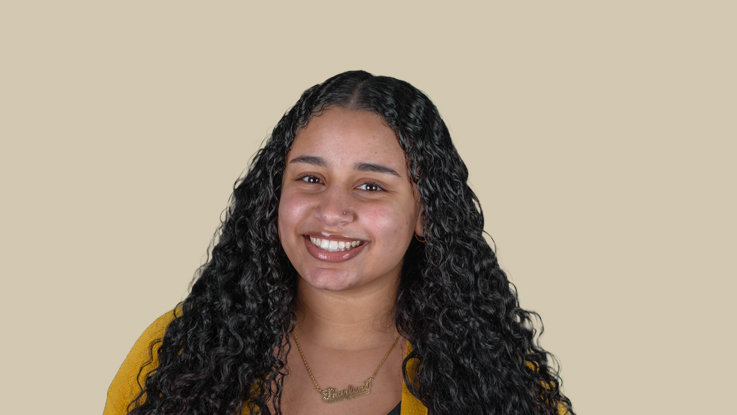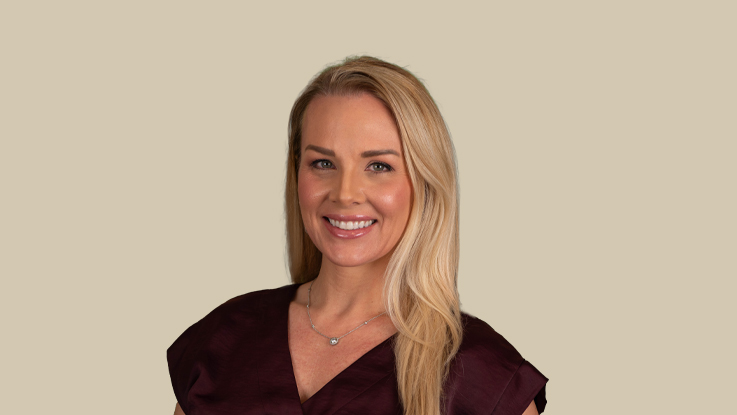Obsessive-compulsive disorder or OCD is a mental health condition that causes uncontrollable obsessions. These obsessions may be thoughts, fears, and urges. Those with OCD try to reduce the anxiety these obsessions bring with repetitive actions known as compulsions.
According to the International OCD Foundation, between 2 and 3 million U.S. adults are currently living with OCD. While OCD may cause shame or embarrassment in individuals who have it, treatment can help.
Symptoms of OCD
In most cases, OCD symptoms include obsessions and compulsions. However, an individual with OCD may have one or the other. Here’s a brief overview of what obsessions and compulsions may be.
- Obsessions: Obsessions are persistent unwanted thoughts or urge that cause anxiety or distress. They often get in the way when an individual is trying to think about other things or perform certain activities. Obsessions may be fear of germs or dirt, the need for order, symmetry, and perfection, and unwanted sexual thoughts.
- Compulsions: Compulsions are actions an individual may take to get rid of obsessions or the negative feelings they cause. Examples of compulsions are washing hands over and over, arranging items in a specific manner, refusing to shake hands or touch objects like doorknobs, and silently repeating a word or a phrase.
Individuals with OCD might also have brief ticks, repetitive actions like eye blinking, grunting, head jerking, and shoulder shrugging.
Treatments for OCD at CBH
OCD treatment is aimed at controlling symptoms so they don’t have a negative impact on day-to-day life. Depending on the severity of the condition, long-term or more intensive treatment may be required. At Compassion Behavioral Health, we offer a variety of treatments for patients with OCD such as:
–Cognitive-behavioral therapy (CBT)
–Dialectical behavior therapy (DBT)
–Eye movement desensitization and reprocessing (EMDR)
–Solution-Focused Brief Therapy (SFBT)
–Transcranial magnetic stimulation (TMS)
-Medication
It’s not uncommon for OCD to occur alongside a drug or alcohol addiction. Therefore, we treat patients who are experiencing both OCD and substance abuse conditions. Between our Substance Abuse Treatment Program and Mental Health Treatment Program, we can effectively treat both disorders at once.
Residential Treatment for OCD
Compassion Behavioral Health provides an extensive, 24-hour residential treatment program for those in need of extensive support for Obsessive-Compulsive Disorder (OCD). This approach is especially suitable for those suffering from severe OCD symptoms which significantly hinder their ability to operate on a daily basis. In the residential level of care, clients are removed from the stressors and triggers of their regular surroundings and placed in a therapeutic setting where they can concentrate only on their recovery. The treatment plan combines DBT, EMDR, and medication management with a strong foundation of evidence-based therapies, including Cognitive-Behavioral Therapy (CBT). With the help of coping mechanisms that help patients take back control of their thoughts and behaviors, this rigorous approach seeks to lessen the severity of OCD symptoms in patients.
Partial Hospitalization Program (PHP) for OCD
The Partial Hospitalization Program (PHP) at Compassion Behavioral Health offers a structured yet adaptable treatment option for those who need to transition out of residential care or whose OCD symptoms are modest but still require significant intervention. PHP enables patients to come to our treatment facility for daily therapy sessions during the day and go back to the housing we provide in the evening. While still receiving the intense treatment required to manage OCD, such as group therapy, individual therapy, and access to various therapeutic modalities, this balance enables people to stay connected to their communities and support networks.
Intensive Outpatient Program (IOP) for OCD
Our Intensive Outpatient Program (IOP) for OCD is intended for those who want to manage their therapy alongside their regular responsibilities to family, job, or school. Patients can participate in several therapy sessions per week at the IOP, which provides a structured and supportive environment for treating OCD symptoms while integrating into daily activities. This program includes therapies like CBT, DBT, motivational interviewing, and neurofeedback to promote general quality of life while emphasizing the development of skills for symptom management and relapse prevention. As people move closer to recovery and independence, IOP offers continuous support, making it a critical stage in the continuum of care.











